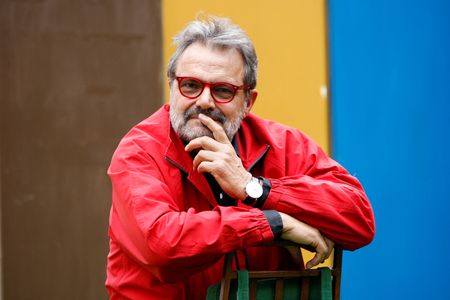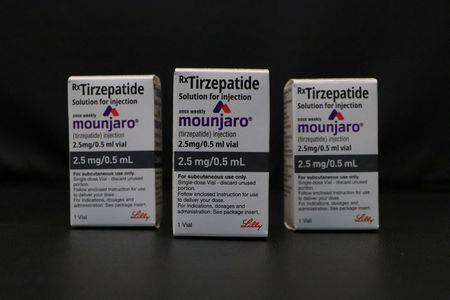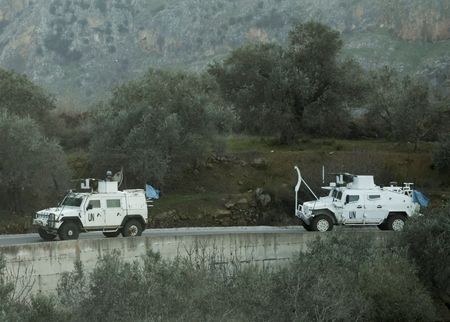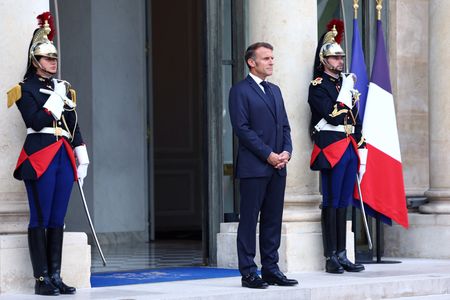By Keith Weir
(Reuters) – Oliviero Toscani, the man behind the shock advertising campaigns that helped make Italy’s Benetton one of the world’s biggest clothing brands, died on Monday at the age of 82, his family said in a statement.
Toscani was admitted to hospital on Friday in Cecina, near his Tuscan country home, in a very serious condition. A source with knowledge of the matter said on Saturday he had lost consciousness.
“It is with great sorrow that we announce the news that today, 13 January 2025, our beloved Oliviero has embarked on his next journey,” Toscani’s wife Kirsti and three children said in the statement.
The photographer had revealed in an interview in August with the Corriere della Sera newspaper that he was suffering from amyloidosis, a rare and incurable condition that leads to the build up of amyloid proteins that affect the body’s vital organs.
Toscani said he had lost 40 kg (88 lb) in weight in one year and the newspaper published a picture of him looking sickly and emaciated.
Toscani, who was born on Feb. 28, 1942, followed in his father’s footsteps by training as a photographer, studying in Zurich and working for a number of fashion magazines where he helped establish the careers of models including Monica Bellucci.
However he came to prominence in the 1980s as creative director for Benetton, the family-owned fashion chain based in northern Italy.
Toscani put images of a dying AIDS patient and the blood-drenched clothes of a soldier killed in Bosnia on to billboards around the world, stoking controversies that helped to popularise the “United Colors of Benetton” logo.
The photographer left Benetton in 2000 after a furore over a campaign featuring images of U.S. prisoners on death row.
Toscani and American freelance journalist Ken Shulman interviewed and photographed 26 prisoners awaiting execution in U.S. jails in a campaign which read like a passionate manifesto against capital punishment.
“I exploit clothing to raise social issues,” Toscani told Reuters in an interview at the time as the controversy raged over whether the campaign was a step too far.
“Traditional advertising says if you buy a certain product you will be beautiful, sexually powerful, successful. All that bullshit doesn’t really exist,” he said.
He resumed working for the group in 2017, reestablishing his partnership with Luciano Benetton, one of the company founders, who had returned to try and revive a brand that had been overtaken by nimbler players in the fast fashion sector.
However, the Benetton group cut ties with him in 2020 after comments that played down the significance of the 2018 Morandi Bridge disaster which killed 43 people.
The bridge in Genoa was operated at the time by a unit of the Benetton family-controlled infrastructure group Atlantia.
His work was showcased in an exhibition in Zurich’s Museum fur Gestaltung in 2024 entitled “Photography and Provocation”.
(Additional reporting by Silvia Ognibene and Alvise Armellini; Editing by Andrew Heavens and Kate Mayberry)











